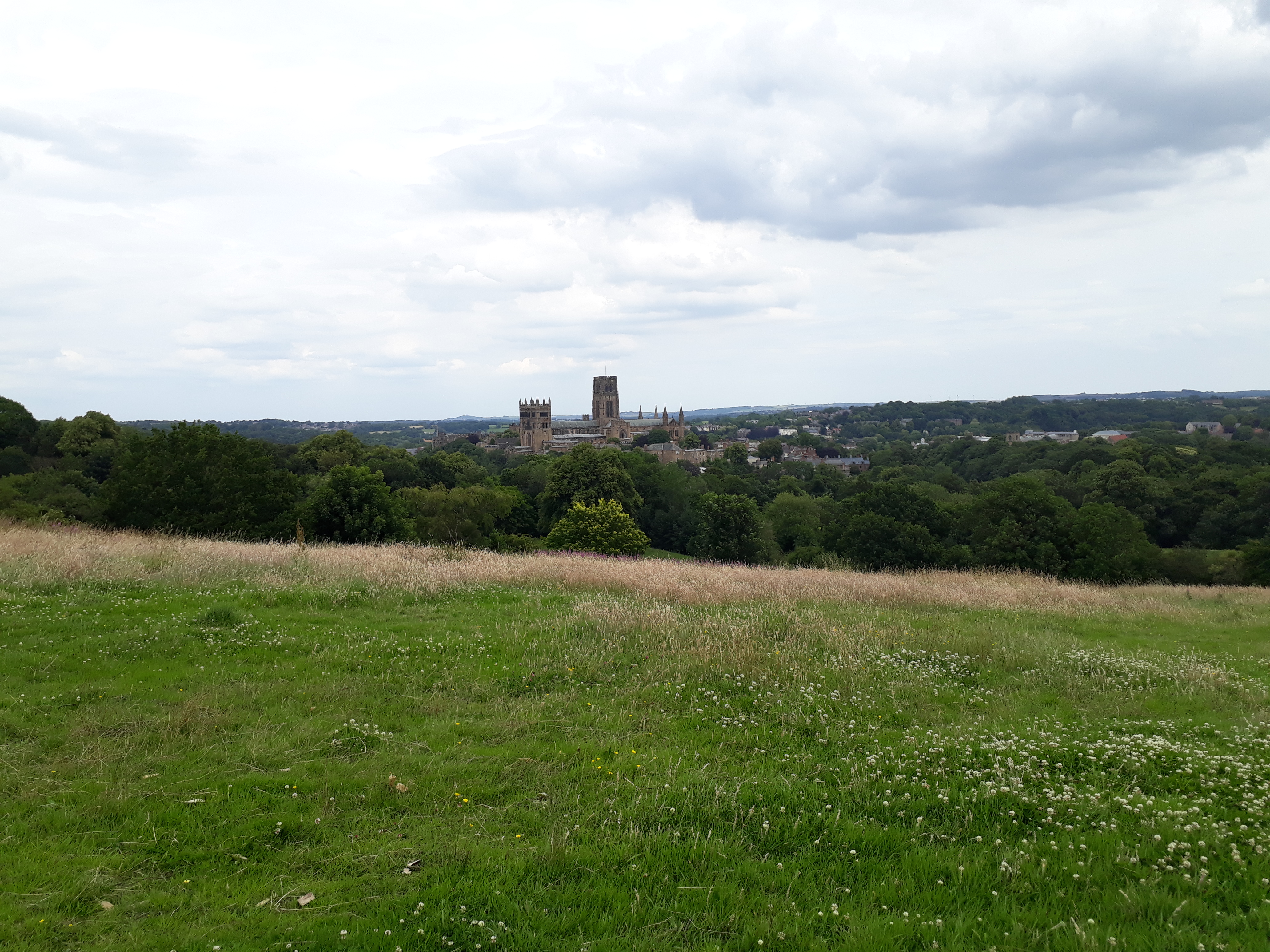On a gloomy Tuesday afternoon, I’m meeting Hannah inside her office at the Palatine Centre. I’m uncharacteristically early because it’s slowly dawning on me that my boss is never late. I find her at a neatly organised desk, dressed in sensible flats and a bright yellow cardigan that says, “I’ll be sunny, even if the weather is not.” Hannah is going through her emails, responding to each one succinctly before filing it away in its respective, colour-coded category.
She comes across one email that has been sitting unanswered at the bottom of her inbox. In it, a Councillor raises the concerns of residents about the handling of nuisance complaints by the police. Apparently, student-created noise is a hot-button issue. Or rather, as Hannah puts it“a hot potato” issue, with the focus and responsibilities currently shifting between the County Council, University, Police and indeed students themselves. Determined that the buck stops at Hannah Shepherd, Hannah is working with the Marketing and Communications Department (Marcomms) to draft an appropriate response.
Some long-term residents had expressed a wish for University Security to return to policing student noise as they have heard that the Police will not be continuing with the approach to anti-social noise from student properties that the community feel comfortable with and confident in. However, Hannah worries about getting the balance right and not over-policing matters, leading to a soured relationship between students and those charged with protecting them. She knows that everyone who has spoken to her these past few weeks would rather keep the system implemented in this past year, in which a Police Community Support Officer (PCSO) would issue increasingly severe penalties, beginning with a warning that did not appear on a student’s record. Hannah thought this approach was more forgiving adding, “It’s how I’d want to be treated as a student.”
Now reviewing the response drafted by Marcomms, Hannah is worried that it could come across as a long self-congratulatory list of of all the University’s efforts to manage student behaviour, missing the point of the root of the question, which is the residents’ frustration. Hannah spends close to an hour editing it: correcting inaccuracies, eliminating irrelevant material, downplaying the University’s role and reinforcing sympathy for the residents’ plight.
In the Hannah Shepherd draft, the University is more concerned for the residents than for its own image, and it shows vulnerability in admitting that it is still trying to find ideal ways to respond to anti-social noise. With a wry smile announcing her satisfaction with her work, Hannah bounces the draft back through Marcomms before forwarding it to the Pro-Vice Chancellor for a final revision. She fully expects that some of her more “radical” rhetoric will be rephrased, yet she still enjoys pushing the boundaries as the narrative between the University and community progresses. It keeps the job interesting.

